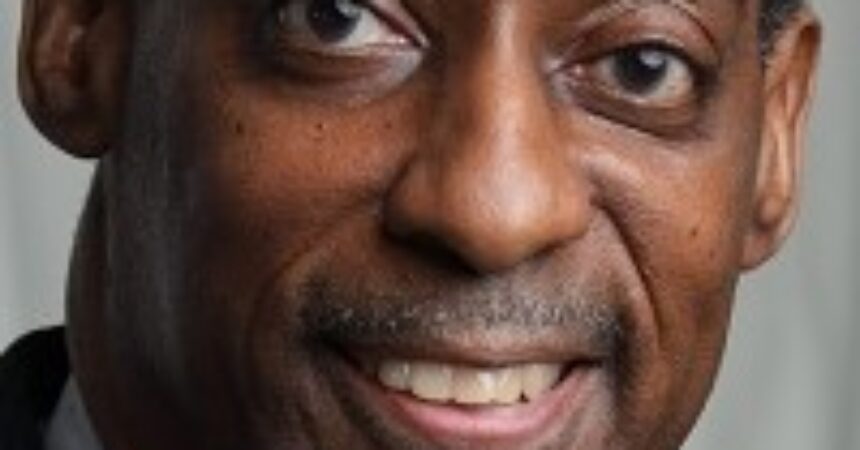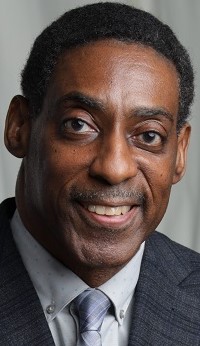
Power of the tongue

As we endure one mass shooting crisis to the next, it illustrates the nation’s void in leadership. We look to our elected officials to fulfill their oaths of office to protect the public because a person is only as good as their word. Words also have consequences—good and bad.
Following a mass shooting, politicians often offer “thoughts and prayers.” For those who believe in the power of prayer, “thoughts and prayers” is a sincere act of empathy, compassion, and condolence. Unfortunately, disingenuous words repeated by politicians have produced more pain, anger, and bitterness than support and comfort. In the aftermath of one mass shooting after the next, the nation has grown frustrated with lawmakers sending “thoughts and prayers.” The words have become empty and hollow lip service when not backed by sincere action through meaningful gun legislation.
2021 data from the Centers for Disease Control and Prevention shows more than 50 people in the U.S. are killed daily by a firearm. Statistics that support that America is one of the deadliest and most violent nations in the world have failed to move enough lawmakers to care to legislate change. Mass shootings and gun violence are compounded by the political power battles fought between gun control advocates and those who are aggressive in protecting the right to bear arms.
The NRA finances many lawmakers who fiercely oppose banning assault weapons, and those politicians are more likely to be the same public officials who engage in dog-whistle messages concerning race, thereby creating and perpetuating an environment of racial and religious intolerance and hate. When you have an isolated person inspired by the use of semi-automatic rifles in previous mass shootings, emboldened by a politician’s anti-woke / anti-Black messaging, and finally, controlled by their mental illness, the lethal combination creates a person like Ryan Palmeter, who on Aug. 26 carried out a racially motivated shooting in Jacksonville, Florida, by opening fire in a Dollar General store, killing three people before killing himself.
The gunman’s father said his son had stopped taking psychiatric medication and stayed in his room after dropping out of college and losing his job. Jacksonville Sheriff T.K. Waters said the writings left by the killer, a 21-year-old White man, made clear that he was motivated by racism. Each victim was Black. The words and policies of Florida Gov. Ron DeSantis have consequences, which is why Black leaders throughout the state are angry.
The shooting has devastated Jacksonville’s New Town community. While speaking at a community vigil held for the three victims, the governor was met with boos. Black leaders have denounced a pattern of “policy violence” against people of color imposed by the DeSantis administration. The governor’s presence and seemingly disingenuous comments brought forth angry shouts, tears, and profanity from the crowd of 200. How can an elected official publicly offer support and comfort to a hurting community when their rhetoric and policies show they are the source of the problem?
NAACP President Derrick Johnson said DeSantis deserves real blame for the shooting.
“What Gov. DeSantis has done is created an atmosphere for such tragedies to take place,” Johnson said.
The leading civil rights group argued that the state’s loose gun laws and the governor’s “anti-woke” agenda have created a culture of open hostility toward people of color. In times of crisis, people expect elected officials to show some degree of genuine empathy and to do something. Giving support and comfort to constituents in the wake of tragic events is not political but comes from an empathic heart. While DeSantis wants Joe Biden’s job, he doesn’t share Joe Biden’s empathy and concern for people.
The Emanuel AME Church in Charleston, South Carolina, is one of the oldest Black congregations in the South. Affectionately known as Mother Emanuel, in 2015, the congregation endured a targeted, racially motivated assault where the pastor and eight other worshippers were killed. As vice president, Joe Biden made a surprise visit to a worship service at Mother Emanuel.
“We came back because our family wanted to show solidarity with your family and church,” Biden said at the service. Biden also said one of the reasons he went to the worship service was to “draw strength from the church” following the death of his son, Beau Biden, the previous month. He also wished he could say more to ease the pain of the families that lost loved ones during the church massacre, but the death of his son reminded him that there are “no words, only faith.”
Biden read a verse from Psalms at the service. “I pray that the families will find refuge in the shadows of His wings,” Biden said. “And I pray that the love that all of you have shown to them, and to people around the country and to me, will help mend the broken hearts of their families and mine.”
This exemplifies what true “thoughts and prayers” look and sound like.
David W. Marshall is the founder of the faith-based organization, TRB: The Reconciled Body, and author of the book God Bless Our Divided America. He can be reached at www.davidwmarshallauthor.com.







